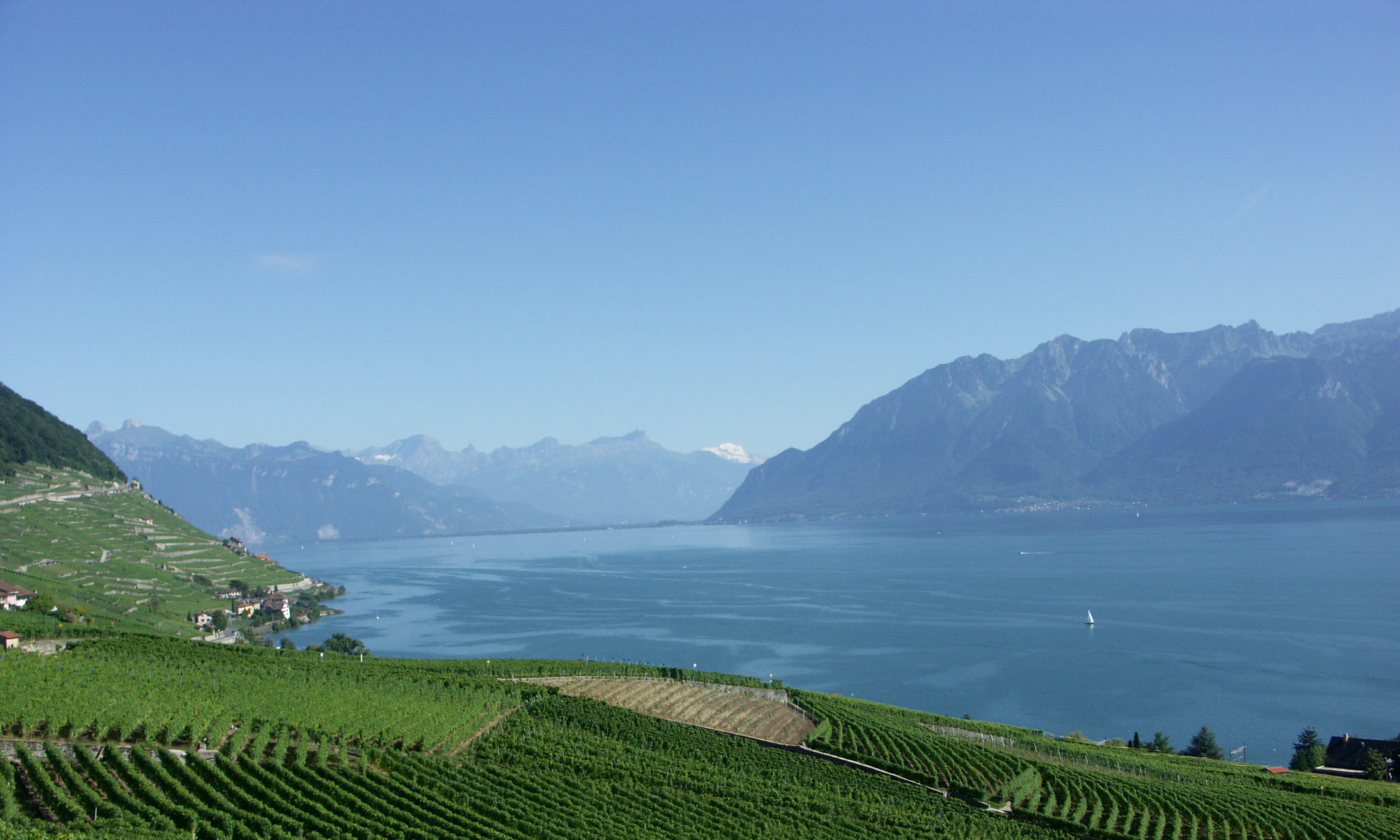To reply to this question use the “Leave a reply” box/field at the bottom of this page.
55 Replies to “Question 1: What are the major external changes and dynamics that demand a response by the National Hydrological Services and the hydrological community of WMO?”
Comments are closed.


Let me express my Privilege to discuss the opinion in discussion form. Few points which come in my mind for the WMO to get involved in the major projects is:
a) Whenever projects ( irrespective of the government or country where it gets sanctioned from) comes into implementation, it should be taken care that projects having national importance or international relevance should have a component where it seeks the intervention of the apex body, it means the World Metrological Organisation.
b) A Budget should be assigned and if any project allotted comes above the assigned budget, it should automatically have a clearance from World Meterological Organisation. The importance shall be given for Hydrological projects.
C) Promote coperation and Collaboration for water security in order to establish platform for legacy.
c) Our shortcomes if any should be identified and given more time to overcome it.
El actual desarrollo tecnológico plantea un desafío para los Servicios Hidrológicos Nacionales y la comunidad hidrológica en cuanto a incorporar información satelital en los programas de monitoreo de variables del ciclo hidrológico y validarlas para su utilización en la hidrología operativa.
Globalization requires that hydrometeorological information be public and shared without any restriction. This would help reduce the gap between the most developed countries and the least in hydrometerological matters.
On the other hand, the training of human resources in the field of hydrometeorology in less developed countries and in general more vulnerable to hydrometeorological impacts seems to me fundamental for the correct management and interpretation of information.
First of all, I want to note the timeliness and importance of holding an extraordinary session of the Hydrological Commission and the Conference. I participated in two European hydrological forums in 2014 (Poland) and 2016 (Norway). During forums, its participants expressed a concern that the hydrological direction of hydrometeorological activities was less attention paid than the meteorologica at national and international levels.
Regarding the question, I would like to express the opinion of all hydrologists of the Hydrometeorological Service of Ukraine. Users of hydrological products in Ukraine, both from separate sectors of the economy and the population, challenge us to improve the quality and timeliness of current information and forecasts and warnings. Water-dependent sectors of economy require quantitative forecasts of quantitative and qualitative indicators of water resources for periods up to 5, 10, 25 and 50 years.
This can be done by introducing the achievements of modern science and technology, in particular, by automating observation networks, improving the collection and processing of data, by serving users on the basis of Internet technologies.
I personally see 3 key external changes that demand for response of NHSs and the WMO and that we lack of knowledge how to respond.
1) technological development – big data, satelites, artificial inteligence. All these might and likely will change the way, how the bussines is done in hydrology. For example instead of using physically based models, AI will do the forecasting. Field hydrology might be replaced by remote sensing and big data analysis. Traditional hydrological services this might soon see new competitors and loose their ‘reason d’etre’ (ať least partially).
2) globalization of services is already happening and will be further accelerated by above mentioned technological change. The results from perspective of NHSs to will be likely same as above.
3) changes in society, its behaving and communication. Giving just one example – Social networks changed the way young generation communicates but also the way how young people think and what their expectations are. That needs to change products, services, information and way of communication. I am afraid that the overall change in way of thinking will be also a must for us (NHSs).
There are other obvious changes affecting the hydrological cycle, but these are, in my view, bit easier to handle compiling to those three mentioned above (at least we are aware of these much more).